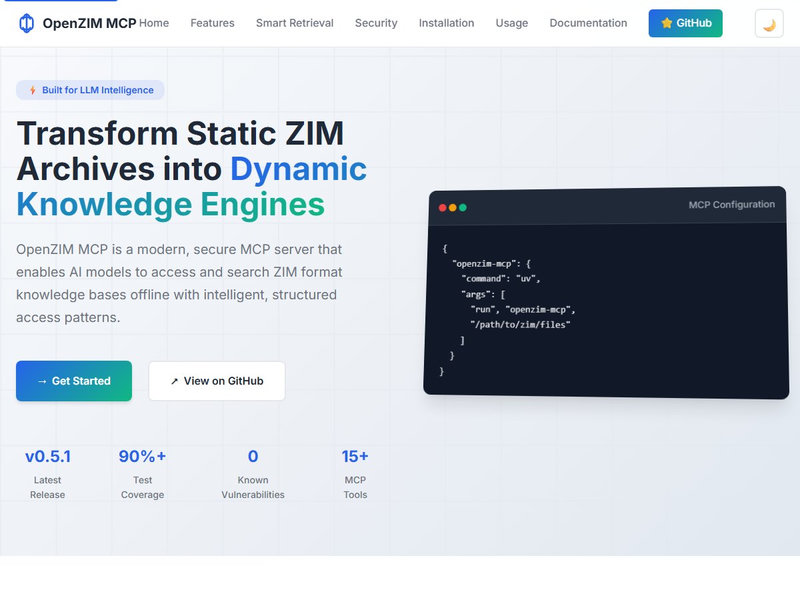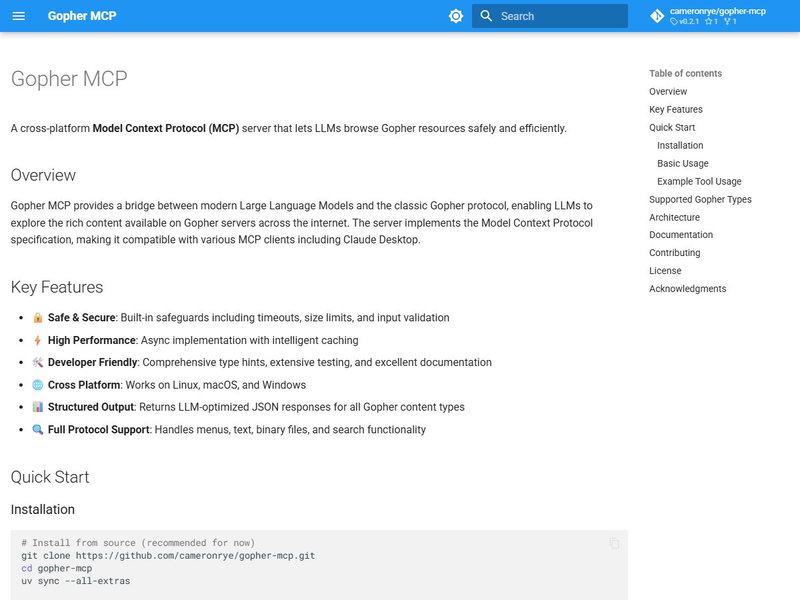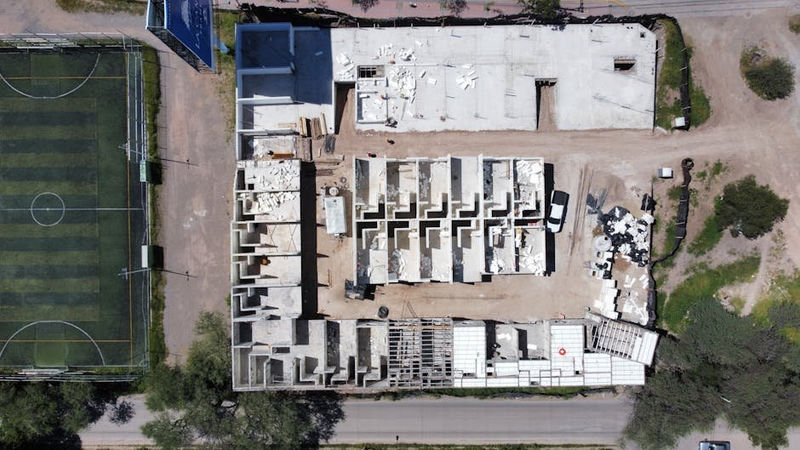Wassette: Microsoft's WebAssembly Runtime for Secure AI Tool Execution
The intersection of artificial intelligence and systems security has reached a critical inflection point. As AI agents become increasingly capable of executing external tools and accessing system resources, the traditional security models that govern software execution are proving inadequate. Microsoft’s Wassette emerges as a groundbreaking solution that leverages WebAssembly’s sandboxing capabilities to create a secure, scalable runtime for AI tool execution through the Model Context Protocol (MCP).
Wassette represents a paradigm shift from the current landscape of MCP server deployment, where tools typically run with unrestricted system access, to a capability-based security model that provides fine-grained control over resource access. This architectural evolution addresses fundamental security concerns while maintaining the flexibility and extensibility that make MCP valuable for AI system integration.






